Nudging for Good: AI driven diagnostics and behavior change to improve diets and nutrition
Unhealthy diets are a critical global concern, but current dietary assessment methods are costly and challenging to implement. Mobile-phone-based interventions show some promise for improving nutrition data collection and dietary quality, especially for adolescents in low- and middle-income countries.
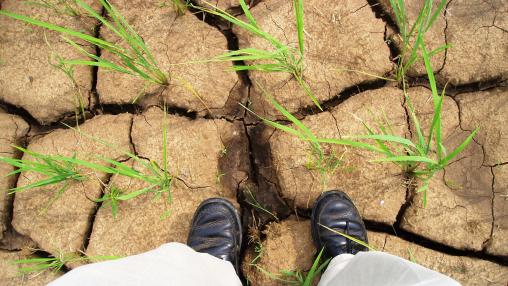
IFPRI Global Food Policy Report 2022: Accelerating food systems transformation to combat climate change
In 2021, the United Nations Intergovernmental Panel on Climate Change sounded the alarm on a looming crisis: Climate change is generating a “code red for humanity” that requires urgent action. Food systems are deeply entwined with this crisis. In many regions, especially in the developing world, climate change has already started to reduce agricultural productivity and disrupt supply chains, putting pressure on livelihoods and threatening to significantly increase hunger and malnutrition, making adaptation efforts crucially important.
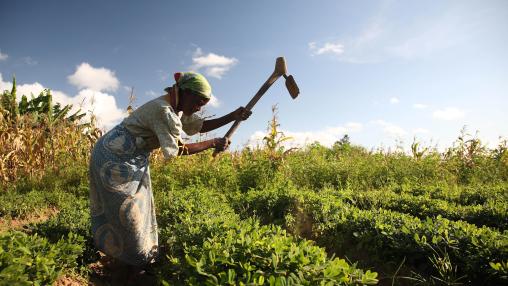
Rising Food Insecurity in Malawi
Malawi’s food system has likely deteriorated since 2010-2011, according to a new report from IFPRI’s Malawi Strategy Support Program (MSSP). Severe drought and rising food prices have been the largest contributors to rising food insecurity.

Acute Food Insecurity Spreads Across Africa: 2021 Global Report on Food Crises
The number of people around the world facing severe food insecurity skyrocketed by 20 million in 2020, according to the 2021 Global Report on Food Crises, released earlier this month. Acute food insecurity now affects at least 155 million people across 55 countries/territories, with some regions facing famine-level hunger.
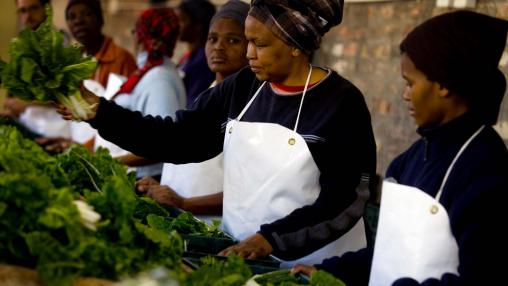
2020 State of Food Security and Nutrition Report
Hunger continues to be on the rise in Africa south of the Sahara, according to the 2020 State of Food Security and Nutrition in the World (SOFI) Report , released in mid-July.
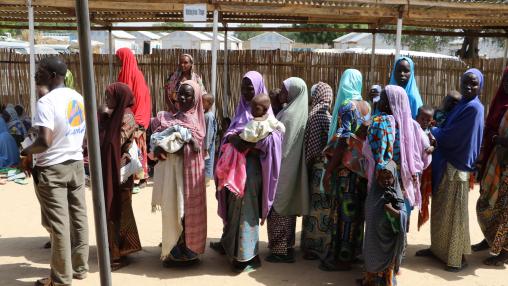
Poor Diets Driving Malnutrition in Nigeria
In recent decades, the amount of calories available to the average Nigerian on a daily basis has increased significantly. Despite this progress, however, the country continues to battle high levels of malnutrition of varying types. According to a recent research brief , a lack of dietary diversity and dietary quality may be to blame.
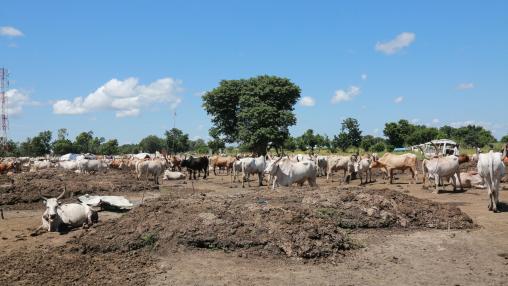
Continued Food Insecurity in East Africa
Many areas of East Africa will continue to face high levels of food insecurity through late 2019, according to a new report from FEWS Net . The situation will hit its worst levels at the peak of the pastoral lean season in September and October.
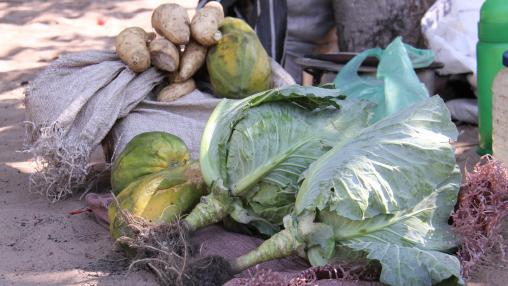
Zambia National Food and Nutrition Summit
Forty percent of children under the age of five in Zambia suffer from stunting. To address this worrying trend, policymakers have placed food and nutrition security at the forefront of national priorities. At a recent National Food and Nutrition Summit held in Lusaka, stakeholders emphasized the need for a multisectoral approach to end malnutrition and improve food sustainability in the country.
The conference, supported in part by IFPRI’s Food Security Portal, brought together a number of participants from government ministries and agencies and development organizations.

Ethiopian economy grows, diets still poor
A new Ethiopia has emerged in recent years. A potent combination of increased agricultural productivity, urbanization, and economic growth has improved the standard of living for many Ethiopians. As a result, diets are changing as well, but not entirely in positive ways. Ethiopians are eating more calories on average and more diverse foods, but are still far short of recommended levels of dietary diversity, even as they may soon face overnutrition problems like overweight and obesity.

African Leaders for Nutrition Initiative
Food security has long been a development goal in Africa south of the Sahara, as well as in other developing regions. However, in recent years, it has become increasingly recognized that basic food security – simply having enough food to eat – is not enough to ensure long-term, sustainable growth and development. Rather, nutrition security – having enough high-quality, nutrient-dense food to eat – is needed to improve health outcomes, drive economic growth, and end hunger in all its forms.